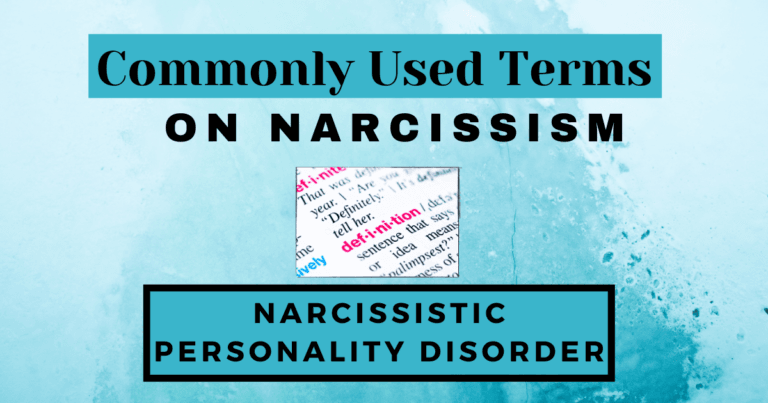10 Effective Strategies for Setting Boundaries with a Narcissist
Setting Boundaries: Does it Work?
Setting boundaries with a narcissist can be challenging, but it’s essential for maintaining your mental health and personal well-being. Narcissists often push limits and test boundaries to assert control, making it crucial to establish clear, consistent, and firm limits. Here are ten effective strategies to help you set and maintain boundaries with a narcissist:
1. Understand Your Boundaries
Before you can effectively set boundaries, it’s crucial to understand what you need and what you won’t tolerate. Reflect on your values, needs, and limits in the relationship. Identify specific behaviors that are unacceptable and decide on the consequences if these boundaries are violated. This self-awareness will empower you to communicate your needs clearly and assertively.
2. Communicate Clearly and Assertively
When setting boundaries with a narcissist, clarity is key. Use straightforward language to express your limits without ambiguity. Avoid emotional appeals or explanations, as narcissists may use them against you. Instead, state your boundary and the associated consequence directly. For example, “If you continue to speak to me in that tone, I will need to leave the conversation.”
3. Be Consistent
Consistency is vital when enforcing boundaries with a narcissist. They may test or push against your limits to see if you will waver. Stay firm and consistent in your responses to boundary violations. Inconsistent enforcement can weaken your position and encourage further boundary testing.
When you set a boundary with a narcissist, keep in mind they might just ignore it altogether, and then maybe laugh…
Why Do They Ignore?
4. Prioritize Self-Care
Setting boundaries can be emotionally taxing, especially with a narcissist who may react negatively. Prioritize self-care to manage stress and maintain your emotional health. Engage in activities that rejuvenate you and seek support from friends, family, or a therapist. Self-care helps you stay resilient and reinforces your ability to uphold your boundaries.
Only YOU can put YOURSELF first.
5. Avoid Emotional Reactions
Narcissists often seek to provoke emotional responses to manipulate and control. When setting boundaries, strive to remain calm and composed. Avoid getting drawn into arguments or power struggles. By not reacting emotionally, you reduce the narcissist’s ability to exploit your vulnerabilities.
Keep in mind, you cannot change a narcissist.
Why Boundaries Don’t Always Work with Narcissists
| Reason | Description |
|---|---|
| Manipulative Behavior | Narcissists often use manipulation to test or break boundaries, making it hard to enforce limits. |
| Emotional Intensity | The emotional intensity and hostility from narcissists can make it challenging to maintain firm boundaries. |
| Lack of Empathy | Narcissists' lack of empathy can lead to disregard for your boundaries, making enforcement difficult. |
| Power Struggles | Boundaries may be perceived as a challenge, leading to power struggles where the narcissist tries to undermine your authority. |
| Consistency Issues | Maintaining consistency in enforcing boundaries can be tough due to the narcissist's persistent efforts to push limits. |
6. Set Clear Consequences
Outline clear consequences for boundary violations. Make sure these consequences are realistic and enforceable. For instance, if a narcissist repeatedly invades your privacy, you might decide to limit contact or seek legal protection if necessary. Enforcing consequences reinforces the seriousness of your boundaries.
7. Be Willing to Walk Away
Sometimes, the most effective boundary is to be willing to walk away from the relationship or situation entirely. If a narcissist refuses to respect your boundaries and continues to violate them, it may be necessary to disengage completely. This could involve ending the relationship, distancing yourself, or minimizing contact. Walking away can be a powerful statement of self-respect and a crucial step in protecting your well-being.
8. Practice NO Contact
In cases where the narcissist’s behavior is particularly harmful or persistent, implementing a NO Contact strategy might be necessary. This involves cutting off all communication with the narcissist to prevent further manipulation and control. NO Contact is often used in extreme situations where other boundary-setting methods have failed or where continued interaction is too damaging. By maintaining NO Contact, you create a clear and firm boundary that emphasizes your commitment to your own emotional health.
Too, sometimes it’s safer to avoid announcing the no contact. Just quietly go your own way.
9. Seek Professional Guidance
Navigating relationships with narcissists can be complex. Seeking professional guidance from a therapist or counselor can provide valuable support and strategies. A mental health professional can help you develop coping mechanisms, enhance your assertiveness, and provide a safe space to discuss your experiences.
10. Empower Yourself
Finally, empower yourself by recognizing that setting boundaries is a healthy and necessary practice. Remind yourself that you have the right to protect your well-being and that establishing limits is an act of self-respect. Empowerment helps you maintain confidence and resilience when dealing with a narcissist.
Build your skills, always be working on you.
setting boundaries setting boundaries setting boundaries setting boundaries setting boundaries setting boundaries setting boundaries setting boundaries








